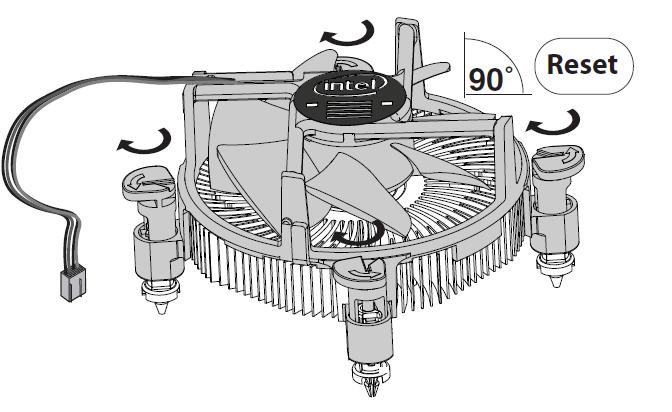Basically, my PC is rather old (around 8 years) and has been running fine for about 7. Recently, my PSU fried and melted the outlet, so I replaced it. Since then, my CPU easily reaches 95 degrees and my PC dies probably due to the heat. I've tried everything from adding more ventilation in the case to undervolting the CPU, but nothing has helped.
I've done my testing using Prime95, undervolted using ThrottleStop and used HWinfo64 to monitor my CPU temps. basically, using the lightest test on Prime95, my CPU only holds on for about 30 seconds before reaching 95 degrees. (the fan doesn't seem to spin up any more than it already is runnning). I've also tried maxing my fan speed in the BIOS and disabling smart fan control, and setting it to max.
Idk why my CPU only has this issue now, the PC has been running for years just fine, and now the CPU overheats when running basic games like TF2, apex or CS:GO.
Here are the temperature logs btw:
View: https://imgur.com/a/Cllf9b0
(I have no idea why the CPU isn't thermal throttling)
if anyone has any other suggestions on what to try I'd love to hear them.
(btw I don't have any spare parts to work with so...)
Specs:
I7-4770
16gb DDR3 @ 1600mhz
GTX 970
1TB seagate barracuda @ 7200rpm
I've done my testing using Prime95, undervolted using ThrottleStop and used HWinfo64 to monitor my CPU temps. basically, using the lightest test on Prime95, my CPU only holds on for about 30 seconds before reaching 95 degrees. (the fan doesn't seem to spin up any more than it already is runnning). I've also tried maxing my fan speed in the BIOS and disabling smart fan control, and setting it to max.
Idk why my CPU only has this issue now, the PC has been running for years just fine, and now the CPU overheats when running basic games like TF2, apex or CS:GO.
Here are the temperature logs btw:
View: https://imgur.com/a/Cllf9b0
(I have no idea why the CPU isn't thermal throttling)
if anyone has any other suggestions on what to try I'd love to hear them.
(btw I don't have any spare parts to work with so...)
Specs:
I7-4770
16gb DDR3 @ 1600mhz
GTX 970
1TB seagate barracuda @ 7200rpm



